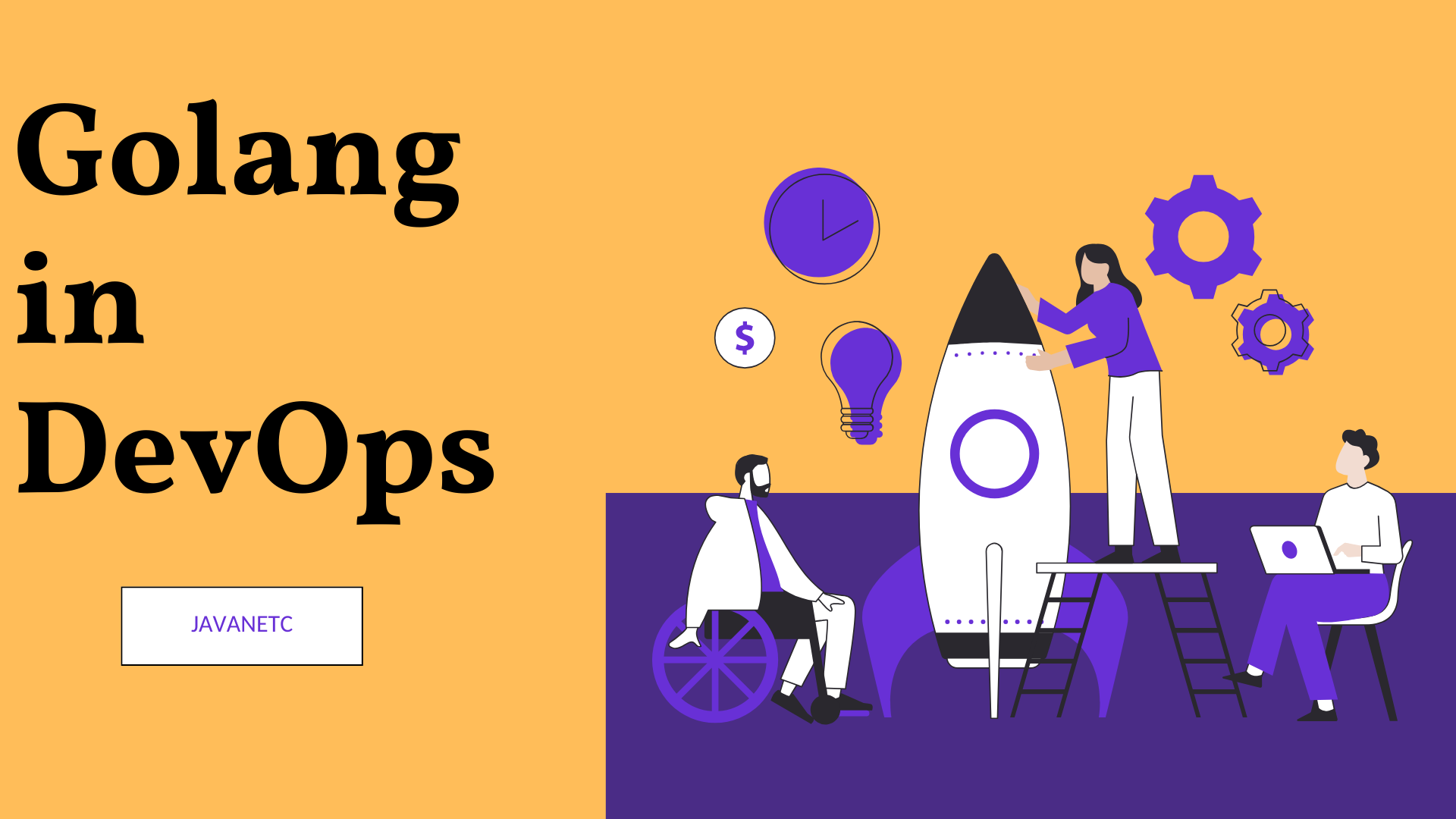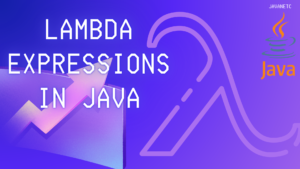Introduction Golang in DevOps
In the realm of IT and software deployment, “DevOps,” a blend of developers (Devs) and operations (Ops), has gained widespread recognition since its inception in 2007-2009. DevOps aims to revolutionize development models by fostering collaboration, introducing new tools, and ultimately accelerating software development while reducing costs. Golang, introduced by Google in 2009, has emerged as a preferred language for DevOps tools, addressing the challenges faced by professionals in this domain.
Table of Golang in DevOps
Golang Tools Empowering DevOps
Golang, distinguished by its concurrency and efficiency, has become instrumental in creating robust DevOps tools. Notable examples include:
1. Docker
- A containerization platform streamlining application deployment.
- Utilizes Golang’s features like concurrency and garbage collection for efficiency.
- Enhances deployment speed and platform independence.
2. Kubernetes
- Open-source container orchestration platform written in Golang.
- Manages, deploys, and scales container applications.
- Leverages Golang’s concurrency to coordinate multiple clusters efficiently.
3. Terraform
- Open-source Infrastructure as Code (IaC) tool.
- Developed with Golang, offering features like concurrency for efficient infrastructure deployment.
4. Ansible
- Automation tool for server setup, software distribution, and application configuration.
- Frequently uses Golang for developing Ansible modules.
5. Prometheus and Grafana
- Prometheus: A time collection database and tracking system.
- Grafana: An open-source visualization tool.
- Both extensively use Golang for exporters, alarms, and plugins.
Key Features of Golang in DevOps
Golang’s popularity in the DevOps landscape can be attributed to several key features:
- Simple Syntax:
- Facilitates easy understanding and efficient code writing for developers.
- Fast and Efficient:
- Known for high performance, efficiency, and automatic garbage collection, eliminating memory concerns.
- Concurrency Support:
- Built-in concurrency support crucial for handling multiple tasks concurrently, ideal for data-intensive applications.
- Static Typing:
- Golang is statically typed, ensuring variables and functions are known at compile time.
- Compiled Language:
- Converted to machine code before execution, resulting in shorter startup times and effective execution.
Benefits of Golang in DevOps
Golang offers several advantages for DevOps practitioners:
- Performance:
- High performance and efficiency, surpassing scripting languages like Ruby or Python.
- Simple Syntax:
- Straightforward syntax enhances learnability, especially for beginners.
- Scalability:
- Ideal for developing scalable applications, handling increased data volume and user demand without compromising performance.
Golang vs. Python vs. Ruby
| Criteria | Golang | Python | Ruby |
|---|---|---|---|
| Concurrency | Built-in concurrency primitives | Libraries required for concurrency | Built-in concurrency primitives |
| Performance | Fast and efficient | Slower compared to Golang | Slower compared to Golang |
| Type system | Static typing | Dynamic typing | Dynamic typing |
| Garbage Collection | Built-in | Built-in | Built-in |
| Community and support | Rapidly growing community and strong support | Large and supportive community | Active community and strong support |
Golang Use Cases in DevOps
Golang finds extensive application in various DevOps scenarios:
- Building Infrastructure Tools:
- Golang excels in creating tools like Terraform and Packer for Infrastructure as Code (IaC) and deployment image creation.
- Monitoring and Logging:
- Golang’s high concurrency and scalability make it a preferred choice for crafting monitoring and logging tools, exemplified by InfluxDB and Grafana.
- Automation Scripts:
- Golang is employed for creating automation scripts, including Kubernetes operators and Helm for managing application deployment and Kubernetes package lifecycle.
- Cloud Infrastructure:
- Golang is the language of choice for developing cloud infrastructure tools like CloudFoundry and OpenStack, offering scalability and security.
Conclusion Golang in DevOps
Golang’s ascendancy in the DevOps landscape can be attributed to its simplicity, concurrency support, fast execution, and a vibrant developer community. The language has played a pivotal role in the creation of essential DevOps tools, ensuring high performance, scalability, and ease of use. As the DevOps paradigm continues to evolve, Golang is poised to maintain its popularity as a preferred language for building resilient and scalable applications.



